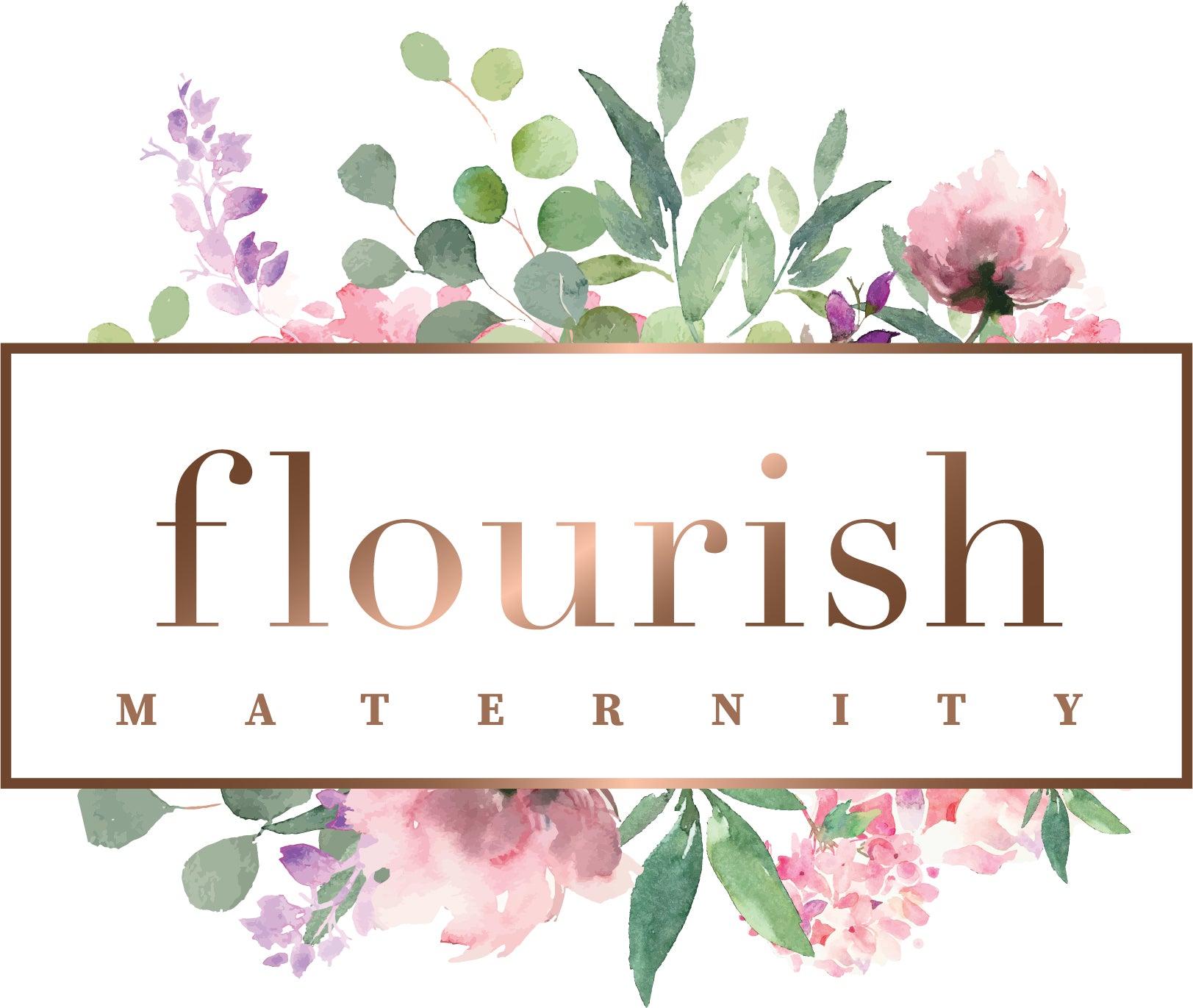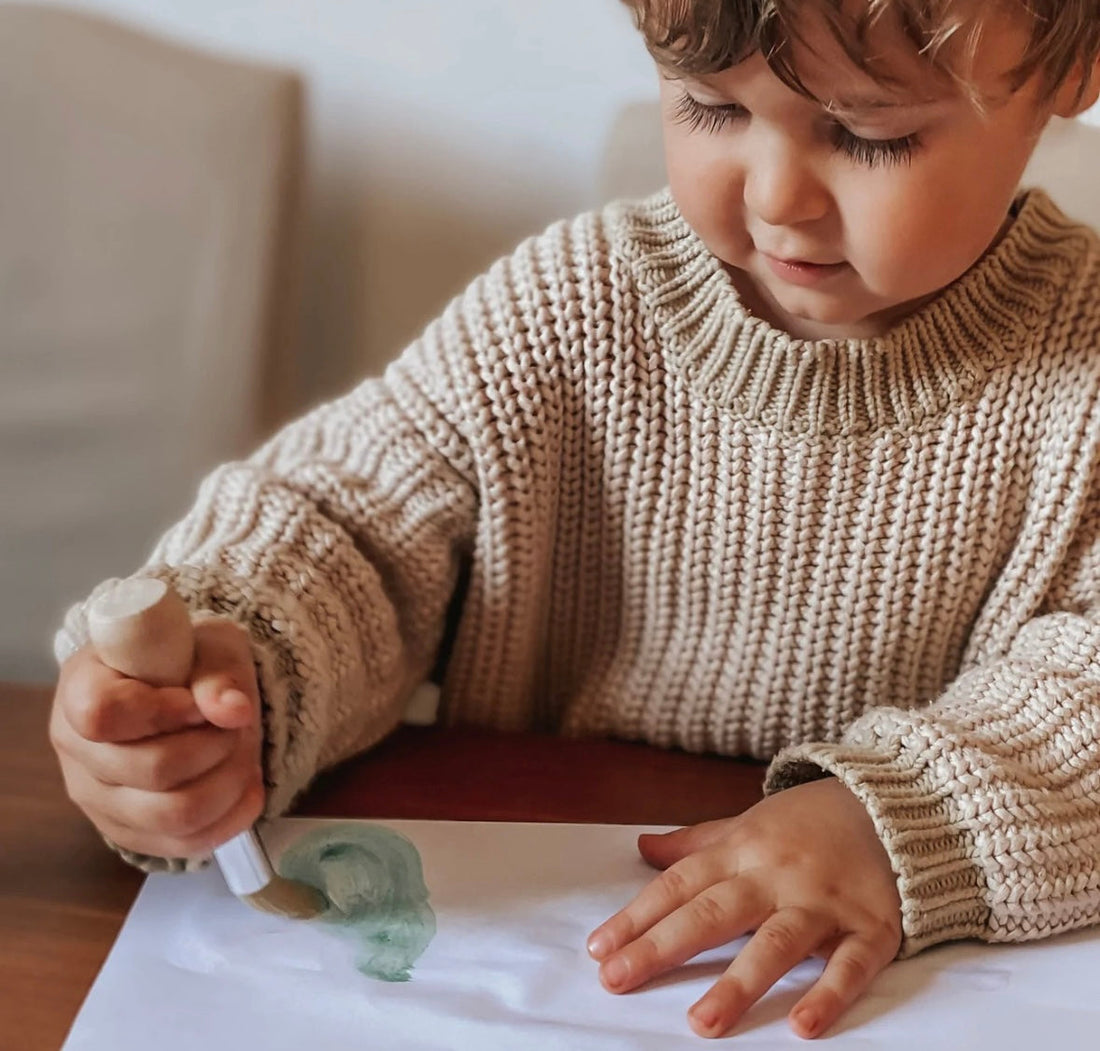As a trained and practicing speech-language therapist in New Zealand, I often get asked, how do I know if my child needs help with their talking. This is very good question and my first answer is trust your instinct. It can never hurt to get a second opinion but if you’re not worried, a couple of months is not going to make a whole lot of difference anyway.
Worrying never helps anything however, making a plan and working towards that plan helps a lot.
Sometimes children can be delayed with their speech and or language development for a number of reasons. These typically include neurological reasons, developmental delay, and/or a developmental disorder. Depending on the child’s birth and developmental history it can be expected that they will need some support with their speech and/or language and sometimes it’s a mystery.
With most families I work with, I frequently share the following ‘rules of thumb’:
By 1-year-old- Typical development suggests that a child should be speaking in one-word sentences or labeling things. E.g. Mum, dad, up, gone, hi, bye etc.
It’s important to notes that a child needs a total of 50-100 single words before they will confidently move only the next stage of communication.
By 2-years-old- Typical development suggests that a child should be speaking in two-word sentences. E.g. “Daddy gone”. “Mummy work”. “Doggy jump” etc.
By three-years-old- Typical development suggests that a child should be speaking in three-word sentence and more. E.g. “Daddy gone to work”. “Mummy sleeping at home”. Doggy jump fence”.
With any communication development support, I always emphasis the power of modelling. Model the language and words you want to encourage your child to say. They are listening and they will eventually copy you. As competent adult communicators we want to teach our children not test them. Therefore, tell them what things are rather than ask questions. If you look to what a hand looks like, we have more fingers than thumbs. Think about each finger being a comment and the thumb being a question. In our interactions with our children, we want to model lots of language and vocabulary too so try to model more statements than questions in your talking. Our job as adults is to fill their ‘language bucket’ or gift language to our children not put demands on them and test them (asking questions about what things are. Doing this, we are not adding to their vocabulary and communication development).
Remember you are your child’s greatest teacher. In regards to communication and talking, you are a professional. Like most things, when teaching our children, we need to model and repeat. Try to keep all learning fun as that is how children learn best.
If you have any questions or have any comments, please send us a message at Flourish Maternity and we can put you in touch with Jody.

